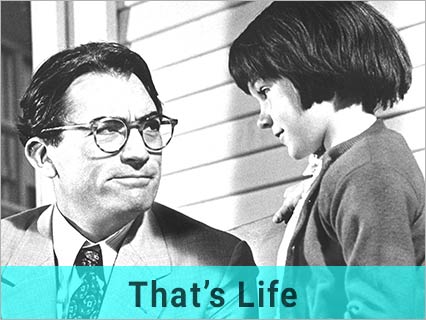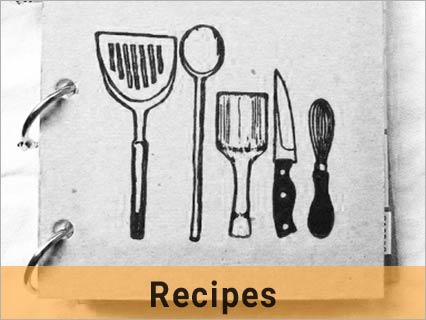One in a million, one in 45 million, what are the chances?
09 Jul 2024
Dear LPG readers,
Are you one of those who still believe one day will be their day to win the national lottery? I remember when it all started, and it did not take me long to work out that the chances of winning were pretty slim, even though we hear about that person who wins the big prize now and then. We occasionally see them on the news or hear about their wins, but I have yet to be able to say that I know a real winner.
I have a friend who buys ten tickets every week, and I have to say that she has won small amounts a few times over the years, but when I think of how much it has cost her, I am not sure that she has come out on top.
My optimism about my chances of a win has disappeared over the years. However, of the few people I know who still play, I know more people who spend alarming amounts of money on tickets each week than people who can say they have ever won a sizable amount. I am an occasional buyer of odd tickets if I am at the till of a shop that sells them with the correct change in my hands (a possibility which is becoming increasingly rare these days).
While winning has to be the real reason for playing, as that does not happen that often, I wondered why so many of us put ourselves through the anticipation and disappointment of comparing the results with what we have marked on our slips each week. One person I know pays by direct debit. Still, I always thought that the ‘buzz’ came from putting those little diagonal marks across the all-important six numbers each week, whether you choose the same ones, find inspiration once the pen hovers over the pink slip, or go with a lucky dip.
All these factors got me wondering if there is a formula that will help you win, and a quick look on the internet threw up a few theories.
Mathematicians have deduced that you must buy 27 tickets per week to have the best chance of success, although I also read that three tickets a week are adequate on another website. Then there is that age-old question about what numbers to use: the tried-and-tested mix or what inspires you on the day. I found evidence that it does not matter on one website, while another suggests using the same ones each week.
But did you know that some numbers come up more often than others? For those convinced by the law of scientific, mathematical probability, I found a website with the latest trends, but I will warn you that just getting your head around those figures might put a cloud around your wish to win. I also found a website with relatively explicit instructions on ensuring a win, but perhaps those who win are meant to, while those who don’t, don’t for an equally good reason.
I often wonder why I don’t know a single lottery millionaire. The internet tells that there have been some 7200 people given that status courtesy of a lottery win since it all began. Then it occurred to me that that 7200 sounds impressive until you find out that those winners represent less than 0.1277% of the 67.85 million people who live in the UK now. I didn’t do the maths; the internet did. I also found a site that reminds us that there is just a one-in-45 million chance of winning, which can dull your resolve to keep trying to some extent.
Finally, I found a website that researched when and why people indulged. Interestingly, people between 45 and 64 are most likely to play, while statistics show that we begin to lose interest after that. I am a living example of that indicator.
These thoughts got me wondering if there is a scientific way to raise one's chances of winning the lottery. While I have not found any reasons to reawaken my optimism about getting lucky, there might be a few readers who appreciate the facts.
NM, Downham
MN offers links to some of the internet information he found…







